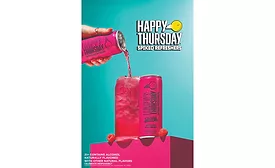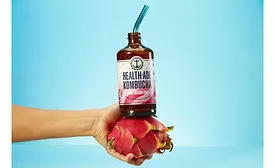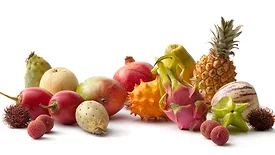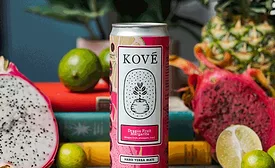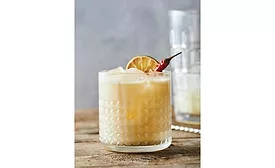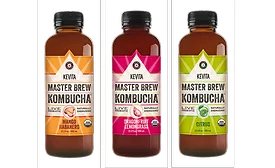Home » Keywords: » Dragon fruit
Items Tagged with 'Dragon fruit'
ARTICLES
New non-carbonated drink available now in time for spring
Read More
ROAR Organic releases Dragon Fruit Punch variety
Hydration beverage announces partnership with Plastic Bank
February 19, 2025
Ingredient Spotlight
Exotic fruits heat up the beverage scene
Beverage-makers turn to exotic fruits for unique, natural flavor profiles
January 27, 2023
Ingredient Spotlight
Consumers seeking out exotic, domestic in the name of health
Application impacts how beverage-makers utilize tropical, domestic fruit profiles
January 21, 2022
R&D
Consumer demand for functional, familiar ingredients drive flavor trends
Both exotic and comforting flavors thrive in current beverage market
May 27, 2020
Exotic fruits offer function, clean labels
Exotic fruits sweeten beverages, boost immunity
May 16, 2016
Elevate your expertise in the beverage marketplace with unparalleled insights and connections.
Join thousands of beverage professionals today. Shouldn’t you know what they know?
JOIN NOW!Copyright ©2026. All Rights Reserved BNP Media.
Design, CMS, Hosting & Web Development :: ePublishing
